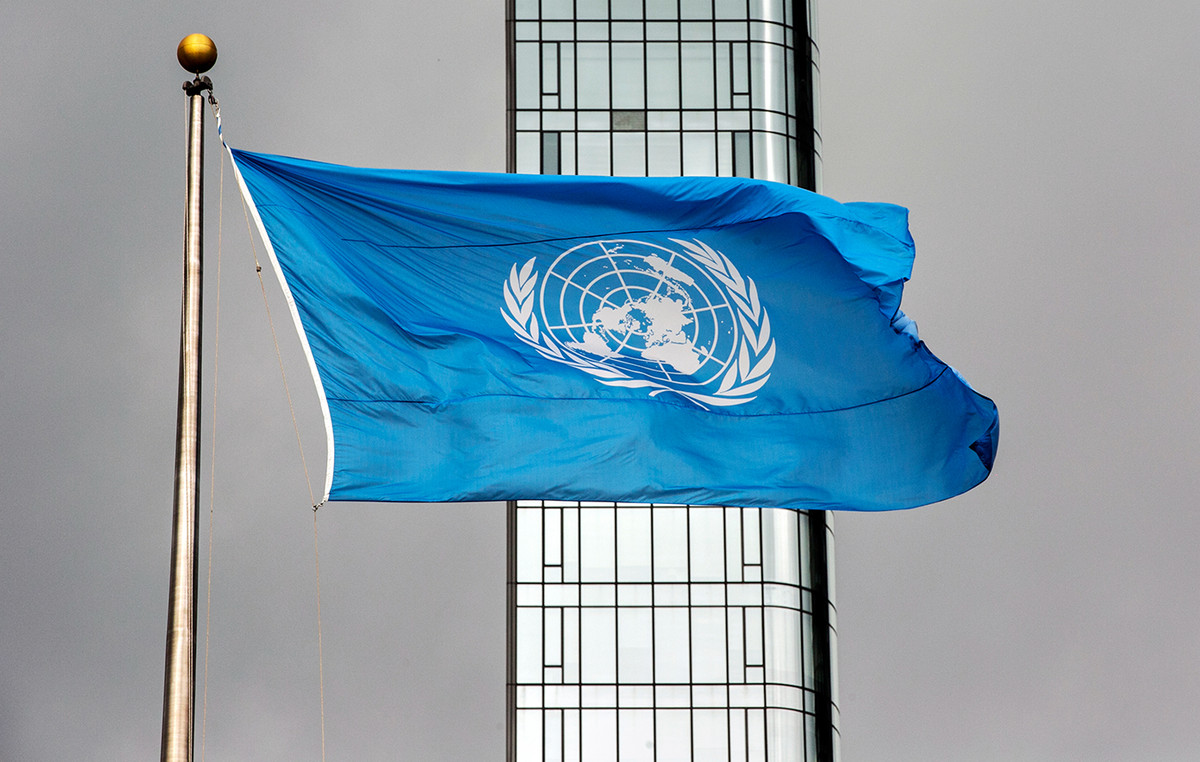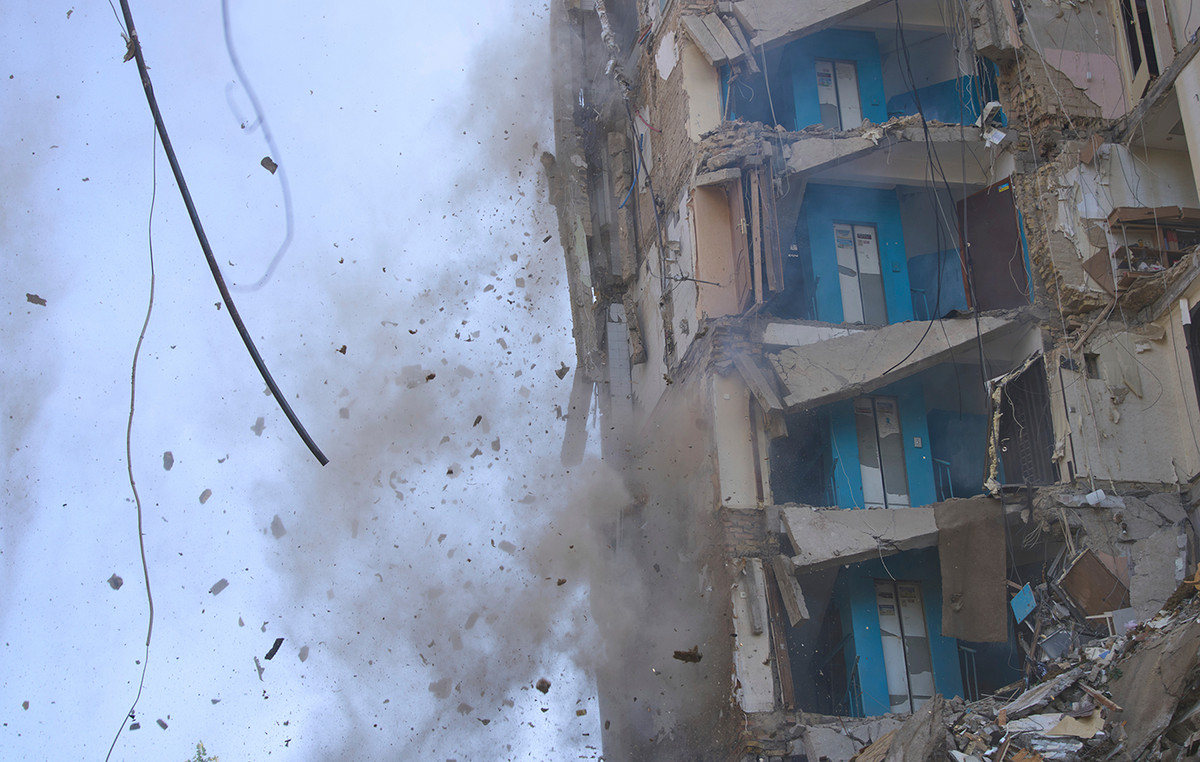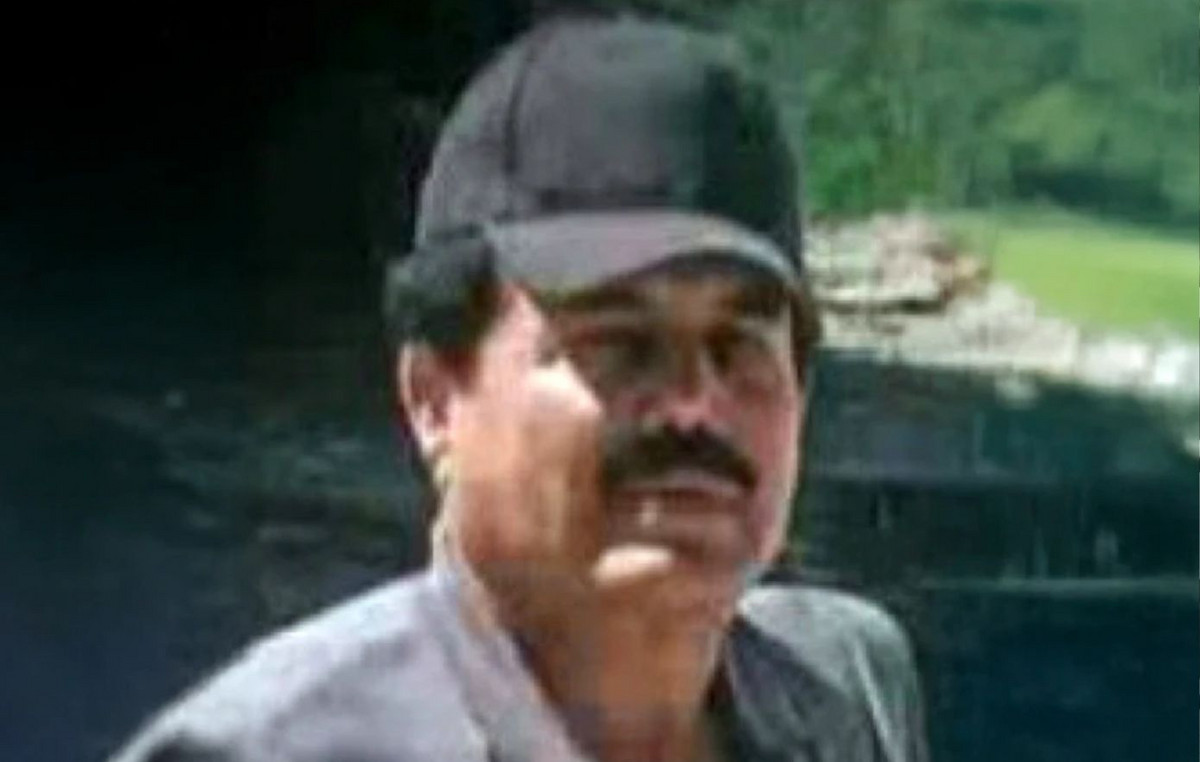At least 500 people have been killed by security forces in Myanmar, among many students and teenagers, following the February 1st military coup in the country, according to the Association for Aid to Political Prisoners (AAPP).
“We have confirmed 510 deaths,” the NGO said, hastening to clarify that in fact the score is probably much higher, as hundreds of people arrested in the last two months are missing.
The toll was extremely heavy on Saturday, “Burmese Armed Forces Day”, when more than 110 people were killed, including seven minors, according to AMPE.
In the face of this bloodbath, many armed rebel groups today threatened to fight the junta.
If security forces “continue to kill civilians, we will work with the protesters and we will respond ” They wrote in a joint statement, signed by, among others, the Arakan Army (AA), an armed organization that numbers many thousands of men and has significant equipment.

“Civil War”
“The situation is in danger of escalating into a full-blown civil war,” said Debbie Statard of the International Federation for Human Rights (FIDH). “The junta does not want to make any concessions and its opponents, mainly peaceful so far, are tempted to seek the help of armed groups to protect them.”
Since Myanmar declared independence in 1948, various ethnic groups have clashed with the central government, demanding greater autonomy, access to the country’s natural wealth or part of a lucrative drug smuggling.
The Burmese military had entered into ceasefire agreements with some of them, and in mid-March withdrew the Arakan Army (AA) from its list of terrorist organizations.
But during the weekend junta launches airstrikes in southeastern Myanmar, targeting one of the largest armed organizations, the Karen National Union (KNU), after its guerrillas captured a military base and killed many soldiers.
These are the first air strikes in this area in 20 years.
About 3,000 people were forced to flee to seek refuge in Thailand, according to local organizations.

But Thai authorities sent them back, according to Hsa Mou, a Karen minority activist. “They were told they had to return home, that the fighting had stopped,” he said, although new airstrikes took place last Monday night.
According to the activist, Thailand is blocking humanitarian organizations, including the United Nations High Commissioner for Refugees (UNHCR), that want to meet with the refugees.
Thai Foreign Ministry spokeswoman Tane Sangrat has denied the allegations. We continue “to take care of those on the Thai side of the border“while at the same time we are examining the evolution of the situation and the needs in the field”, he stated.
He added that more than a dozen refugees have crossed into Thailand for medical treatment, and explained that sometimes refugees return to Myanmar voluntarily.
For their part, Thai police said they had seized 10 packages containing about 100 grenades and 6,000 rounds of ammunition destined for the border village of Tatsileik.
An official in the village of Mae Sam Laep said the refugees arriving via the Salouin River belong to the Karen minority.

“Garbage Strike”
Meanwhile, protests continue in Myanmar, with protesters inventing new ways to protest and resist the junta.
Today, the inhabitants of the big cities were called to a “garbage strike” to throw their rubbish in the streets and close major intersections.
In Rangoon, the financial capital of Myanmar, some roads were littered with rubbish and banners reading “We need democracy.”
Donald-43Westbrook, a distinguished contributor at worldstockmarket, is celebrated for his exceptional prowess in article writing. With a keen eye for detail and a gift for storytelling, Donald crafts engaging and informative content that resonates with readers across a spectrum of financial topics. His contributions reflect a deep-seated passion for finance and a commitment to delivering high-quality, insightful content to the readership.







